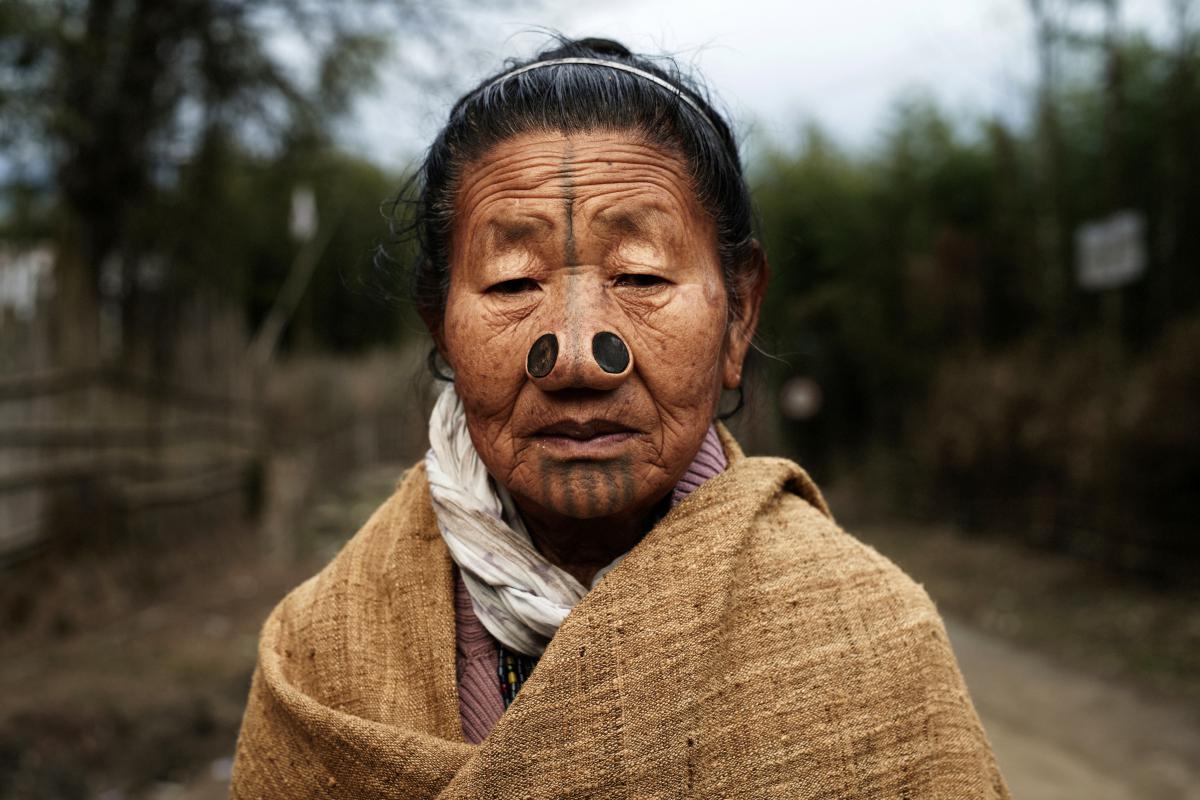Indian Army has established the Quantum Lab at Military College of Telecommunication Engineering, Mhow (MP).
Quantum Theory explains the behaviour of energy and material on the atomic and subatomic levels.
It works using the quantum bits or qubits.
Reference
Recently, in Maldives, the ‘India Out’ campaign has gained momentum with their former President Abdulla Yameen leading it.
Reference
An application seeking Geographical Indication (GI) tag for the Arunachal Pradesh Apatani textile product has been filed by a firm.
The UNESCO has proposed the Apatani valley for inclusion as a World Heritage Site for its “extremely high productivity” and “unique” way of preserving the ecology.

Reference
The Ministry of Home Affairs (MHA) declined to renew the registration of ‘Missionaries of Charity’ under the Foreign Contribution (Regulation) Act.
The MHA is the controlling authority of FCRA and it conducts inspections and audits of NGOs to establish if their books are in order.
Reference